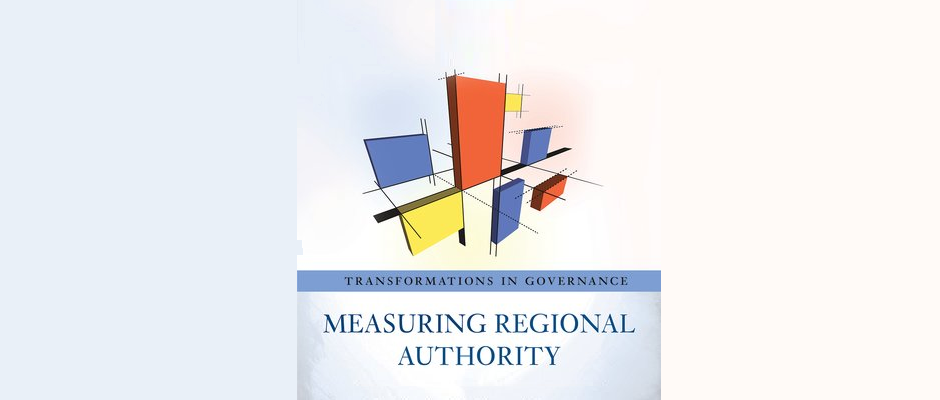
Decentralization, effective intergovernmental relations and good subnational governance are pursued by countries around the world. However, nearly two-thirds of the world’s population–over 5 billion people–live in the fifteen largest, most populous countries in the world. As, such the challenges related to effective decentralization and subnational governance are particularly relevant in these larger–often federal–countries.
Limited local tax revenue and low public sector efficiency are two critical problems of public sector management and key constraints for the economic and social development of many subnational governments in large federal countries. To create fiscal space without compromising macroeconomic stability and fiscal sustainability, there is a need for reforms that lead to better use of public resources and improved expenditure efficiency through reforms in budgeting, procurement, and tax administration.
A note titled “The World Bank’s Support for Subnational Governance in Large Federal Countries : Lessons Learned from Argentina, Brazil and Nigeria” was recently released by the World Bank. This note presents lessons learned from the World Bank’s subnational governance projects in three large federal countries – Argentina, Brazil and Nigeria – between 2008-2017. These lessons learned can be useful in shaping the design of future subnational governance projects in other federal countries, particularly those projects seeking to improve service delivery, public expenditure systems and core governance institutions.
When it comes to differences, firstly, although Argentina, Brazil and Nigeria are all large, federal countries, they vary in size, per capital income and development level and have specific development challenges, both nationally and in the subnational areas where the projects were implemented. Secondly, although all three projects supported strengthening local service delivery, they focused on different sectors of service delivery, such as – water, agriculture, education, health, and social services.
The lessons learned from these projects can be useful in shaping the design of future subnational governance projects in other federal countries, particularly those projects seeking to improve service delivery, public expenditure systems and core governance institutions. This note summarizes the most valuable and transferable lessons learned from these three projects:
- There is substantial value in direct World Bank support at the subnational level.
- Subnational public management strengthening is a prerequisite for improvements in service delivery in any single sector.
- Political commitment is key in a project that aims at improvements in public resource management systems and practices.
- Without local leadership, decentralization projects cannot succeed.
- Large multi-sector results-based operations with disbursement-linked indicators can offer strong incentives for reform, ensuring that a wider array of policy changes can be implemented smoothly and expeditiously.
- The implementation of subnational governance projects is resource intensive.
- Impact evaluation is key for lessons learned.
- The World Bank’s know-how can be as important as its ability to mobilize significant financial resources.
- It is important to ensure that risk mitigation measures do not create other risks.
- Keeping an eye on macroeconomic developments can help anticipate threats to development outcomes and build-in sustainability measures prior to project closing.
- Digital technology can be effective for improving M&E.
- Complex Integrated Financial Management Information Systems (IFMIS) can be effective for improving PFM, however their exact cost can be hard to predict.
- Using youth employment in public works projects as a tool to reduce the likelihood of conflict in fragile environments such as the Niger Delta is an appropriate strategy.
In sum, by analyzing these three projects, key transferable lessons were synthesized that can be widely applied across development operations, particularly in federal states. In short, these lessons include: the importance of political will, local leadership, impact evaluations, competent human resource and good infrastructure as well as the benefits of digital technology for M&E, among others. Employing the recommendations outlined in this note will enhance operational effectiveness and will allow the institution to deliver better solutions for its clients.
Access the full World Bank note paper on the open knowledge repository: Petar Stoykov and Serdar Yilmaz. 2022. The World Bank’s Support for Subnational Governance in Large Federal Countries : Lessons Learned from Argentina, Brazil and Nigeria. World Bank, Washington, DC.
Photo credit: Praça Minas Gerais. Used under Creative Commons license (CC BY 2.0).



